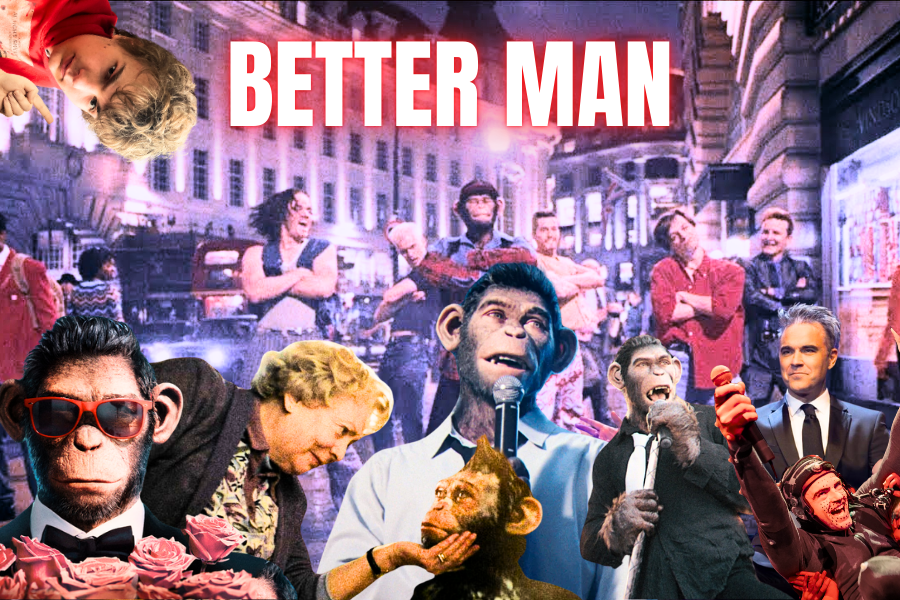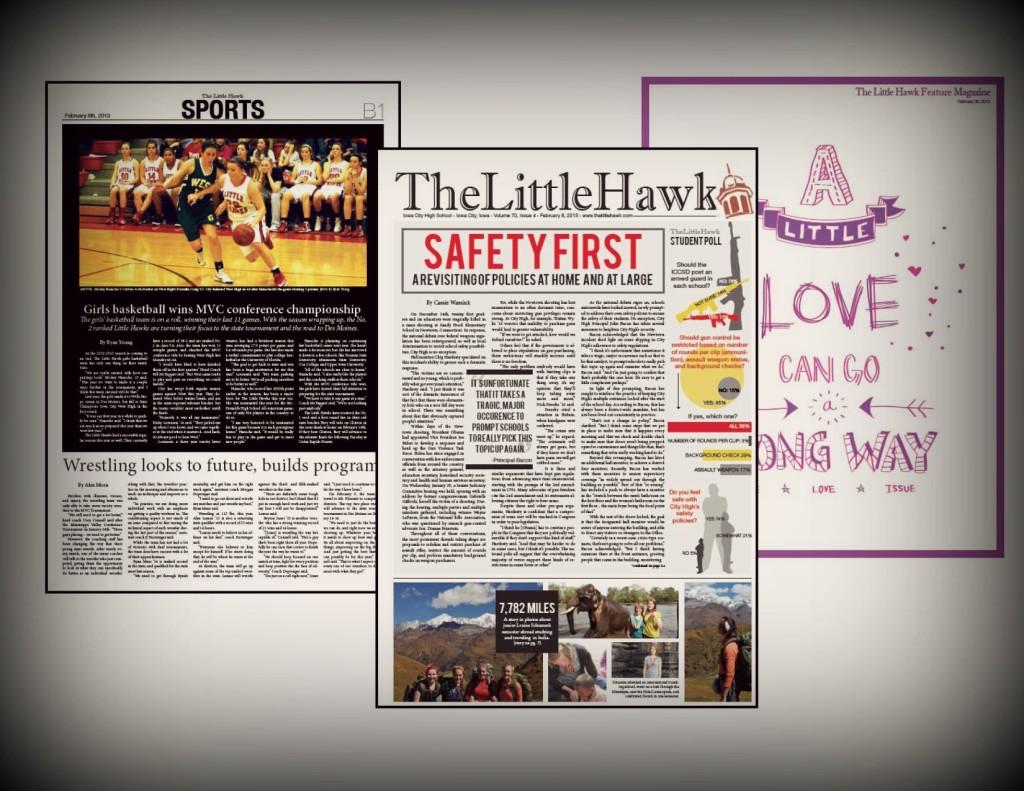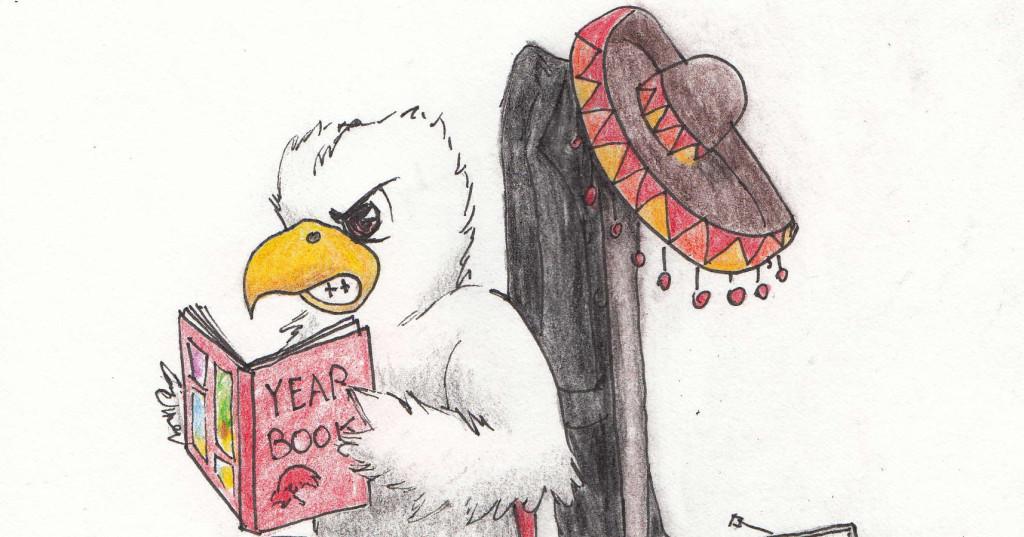
Picture a gamer. What do you see? Chances are, if you’re like many reporters these days, you see a pimply, fat, greasy, middle aged dude lazing on his couch yelling through his or her game mic.
This misconception is far too common, and the solution lies in coming to terms with and realizing the true potential of games.
Video games, since their birth, have been the misunderstood child of the entertainment industry. Everyone watches movies and listens to music, and TV is everywhere nowadays, but games have always been viewed differently. When NPR (National Public Radio for those of you with distant parents) did their first video game review, I was honestly surprised. But then I asked myself , “why am I surprised NPR is doing a review for a video game?” The answer wasn’t clear for awhile. But eventually I came to a serviceable conclusion.
NPR is seen as artsy, informative, and a little pretentious, while video games are seen as crazy, time wasting, and pretty pretentious. Aside from the pretentious nature, both parties are radical opposites, but were joined when NPR adopted a different point of view.
They viewed the game as a piece of art.
University of Iowa Professor Kyle Moody was the first to teach a revolutionary new class, “Specialized Reporting on Video Games,” all about journalism specifically for video gaming.
“Gaming is such a young medium, but I would also argue that it’s the most complicated and varied form of mediated communication due to its interface and control,” Moody said. “There are only certain people who truly understand video games as a medium, and the others that do not often lump in video games with stereotypes and negative perceptions.”
Games are meant to be perceived as art. Now, yeah, many modern games are little more than money siphons from consumers to the less innovative game developers, but that’s a different opinion piece entirely. However, many other developers are making a statement. Statements about anything from music theory to the intricacies of relationships and dangers in a life-threatening environment.
Yet still, many people aren’t looking past their first impressions, and many of those people haven’t tried gaming for themselves. So how do we show these naysayers the true benefits of gaming? Moody says the answer is a compromise of change from the public and the game’s masterminds.
“People need to change their own perspectives on gaming, but at the same time there needs to be an open conversation between developers, publishers and the public about the many varied types of games that should be made available. Mobile games are already changing perceptions, but there needs to be a greater conversation about the value of games where the proponents of gaming listen with patience and confidence to the questions non-players or users have. Many times in the medium we have seen knee-jerk reactions to controversy, and ultimately these do more harm than good. These are also unnecessary and very defensive. After all, we just had a hugely successful course on video game journalism at the University of Iowa. How are perceptions not changing?”
Despite the controversy, artistic games aren’t only thriving, but they’re being being explored in new and fascinating ways. “The Unfinished Swan,” released last year, is “a game about exploring the unknown,” developer Ian Dallas says. “The game begins in a completely white space where players can throw paint to splatter their surroundings and reveal the world around them.” There are no waypoints or weapons or enemies, just a world open for you, the player, to reveal and explore.
The “Bioshock” games, including the recent “Bioshock Infinite,” make a statement about how we live, and play on the illusion of choice in our everyday lives. These are games that simply wouldn’t work without the player’s “control” of the character, because player interaction plays a crucial part of the narrative.
“Gaming is a celebratory medium that can bring out the best in humanity if you are willing to look past the knee-jerk reactions and fear of the unknown to find it. I wouldn’t be teaching this class and pouring my heart into it if I didn’t believe it,” Moody said. “It’s easy to blame video games for larger troubles. It’s harder to look inside yourself and others for a solution.”
Games are evolving, and with them, our view of them needs to change as well. Powerful statements are being made, along with innovations to the industry. So the next time you’re asked to picture a gamer, just picture beautiful Brad Pitt looking at the Mona Lisa. Not what you were expecting, was it?
Want to read more about the subject?
Check out Moody’s IGN column in which he “addresses a parent and talks about video games with somebody that doesn’t understand them,” here.

































